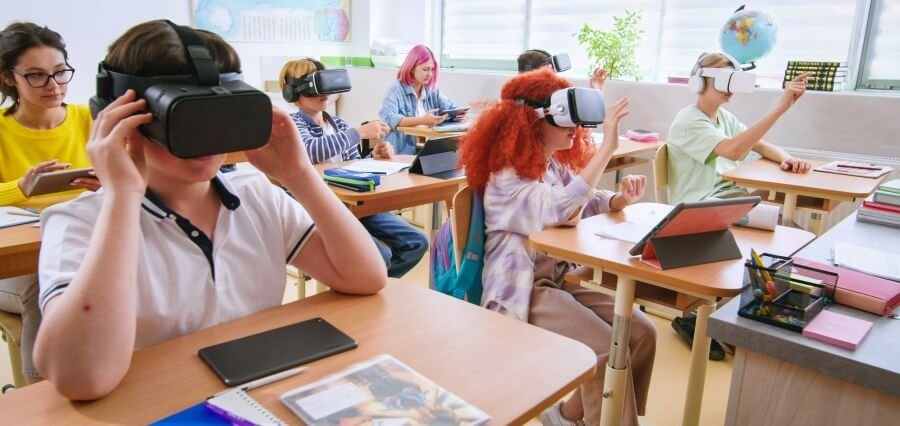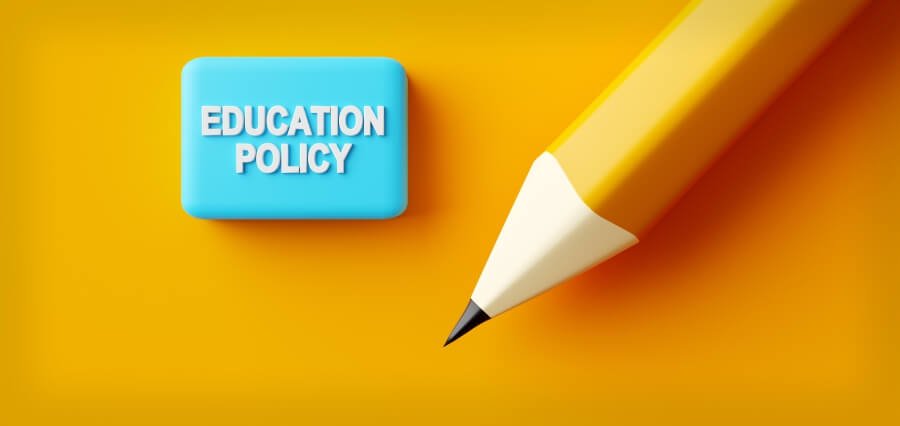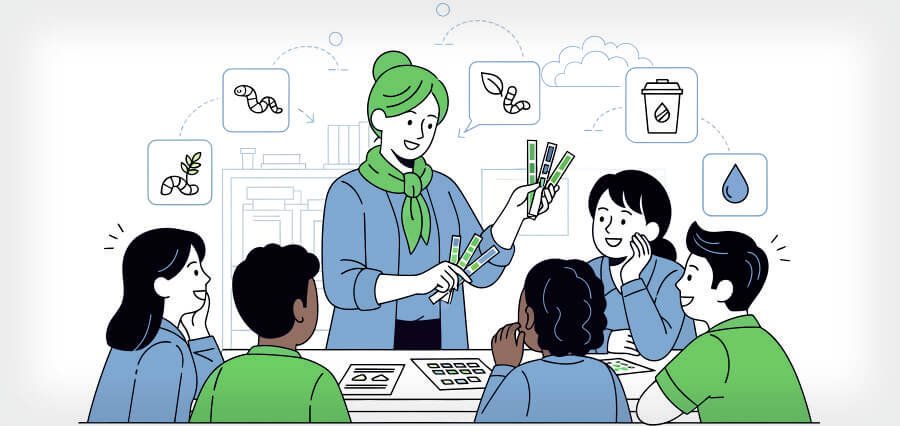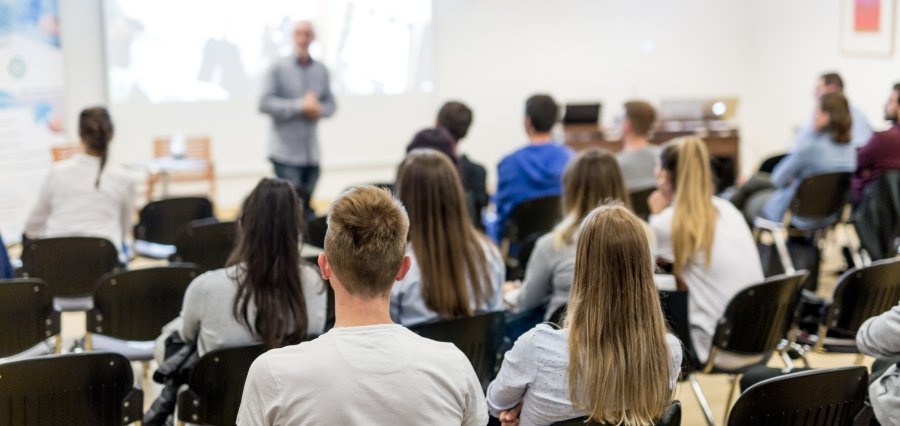Best Psychology Books 2025
Comprehending the subtle dance among human behavior, emotions, and thinking has captivated philosophers for millennia. In 2025, such curiosity is even more as more readers strive to find out what motivates us, how we relate to each other, and why we act the way we act. If you are one such reader, then going through the best psychology books is an intriguing adventure that promises knowledge and transformation.
Psychology is no longer the domain of therapists or students. Whatever your profession, whatever your level of engagement, whoever you are, the best psychology books give us timeless insight and contemporary wisdom that resonate with all people. They don’t only tell us about people—about human nature—they make us better.
Join us as we embark on a journey into the realm of the best psychology books and learn why they are so impactful in today’s fast-paced changing world.
Why the Best Psychology Books Are Relevant Today
In this era of instant information and deep sleep, psychology books give us something that is truly in short supply—a moment of reflection. They allow us to slow down, notice, and contemplate profoundly with ideas that shape our minds, hearts, and behaviors. The best psychology books do not simply recount others; they comment.
These books enable us to learn about cognitive biases, emotional intelligence, behavioral styles, and mental health. They provide real-life solutions, backed by science, that can transform the way we manage relationships, workplace issues, or even personal issues.
Learning from best psychology books equips us to tackle today’s challenges—from burnout and anxiety to leadership and empathy—with grace and good sense.
Beginning Strong with the First Best Psychology Books
Where to start when starting matters. The first best psychology books readers seek out are generally the classics such as Daniel Kahneman’s Thinking, Fast and Slow, which delves into our two systems of mental functioning. Man’s Search for Meaning by Viktor Frankl is another cornerstone book—a harrowing study of meaning in the guise of enduring the Holocaust.
These two books not only top the list of the greatest psychology books ever written but also serve as the basis for more sophisticated studies in the field. They integrate good storytelling with scientific basis, and therefore remain readable and memorable.
In 2025, with greater awareness about mental health, more and more readers are finding comfort and nourishment in these first best psychology books. They bring light to darkness and illumination to periods of uncertainty.
Pioneering New Frontiers Through the Best Psychology Books
Modern best psychology books mirror the new science and society maps. In our time of digital distractions, disconnection, and mental overload, there are newer books to address 21st-century issues.
Titles such as Emotional Agility by Susan David and The Body Keeps the Score by Bessel van der Kolk are not merely bestsellers—also useful. They demonstrate to readers how the body stores trauma and how emotional agility is at the root of resiliency. Those types of modern books generally end up on best psychology books lists because they combine research with examples from actual lives, creating an interesting and instructive reading experience.
Additionally, the availability of podcasts, web courses, and audiobooks has brought exposure to psychology content. However, nothing replaces the enjoyable experience of reading one of the best psychology books, wherein knowledge accumulates cumulatively in a reflecting, cautious manner.
What Makes the Best Psychology Books Special
The best psychology books are not necessarily the most saturated with information and technical terms. They are the ones that combine scientific understanding with a sense of what it is to be human. They challenge, they engage the feelings, and enable readers to take psychological concepts from the page and make them flesh.
Consider Grit by Angela Duckworth. It delves into the reasons why innate talent is not sufficient, and how grit predicts success. Or Attached by Amir Levine, about adult attachment patterns and love relationships. These are contemporary classics, and they’re still among the best psychology books because they’re still very much in vogue today.
It’s not a matter of memorizing theory; it’s about soaking up ideas as they change your perspective. That is precious distinction of the best psychology books—they linger with you, long after the final page.
How the Best Psychology Books Aid in Growth
Over the past few years, working professionals in most areas have looked towards psychology to understand leadership, communication, and group dynamics. Titles such as Daniel Pink’s Drive and Annie Duke’s Thinking in Bets are used extensively in business and coaching circles.
At the same time, individuals interested in self-improvement are attracted to titles like Atomic Habits by James Clear, which, while frequently found in the productivity section, rests upon significant psychological theory. They are the best psychology books not because they gather dust on the shelves of academic libraries, but because they’re actually read every day by actual people with actual issues.
Whether you’re managing a team or managing your emotions, the right book can be the difference between confusion and clarity.
Continuing the Journey with the Best Psychology Books in 2025
Psychology is not a place, it’s a path—and reading psychology books is too. If you enter the best psychology books, you might end up expanding not just your mind but your heart and your social self. That is the true benefit these books provide for you: the ability to read others better, and what’s more, read yourself.
In 2025, the shelves are as full as ever with fascinating, study-grounded, human-interest titles that engage the head and the heart. From the “best first psychology books” to the newest game-changers, there’s never a better moment to begin—or begin again—your exploration of the human brain.
So if you’re interested in insight, self-awareness, or simply a good read, believe the books shortlisted as best psychology books of our times. For in learning about the mind, we gain the power to transform the world—beginning with ourselves.









